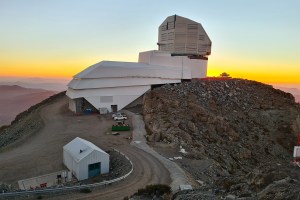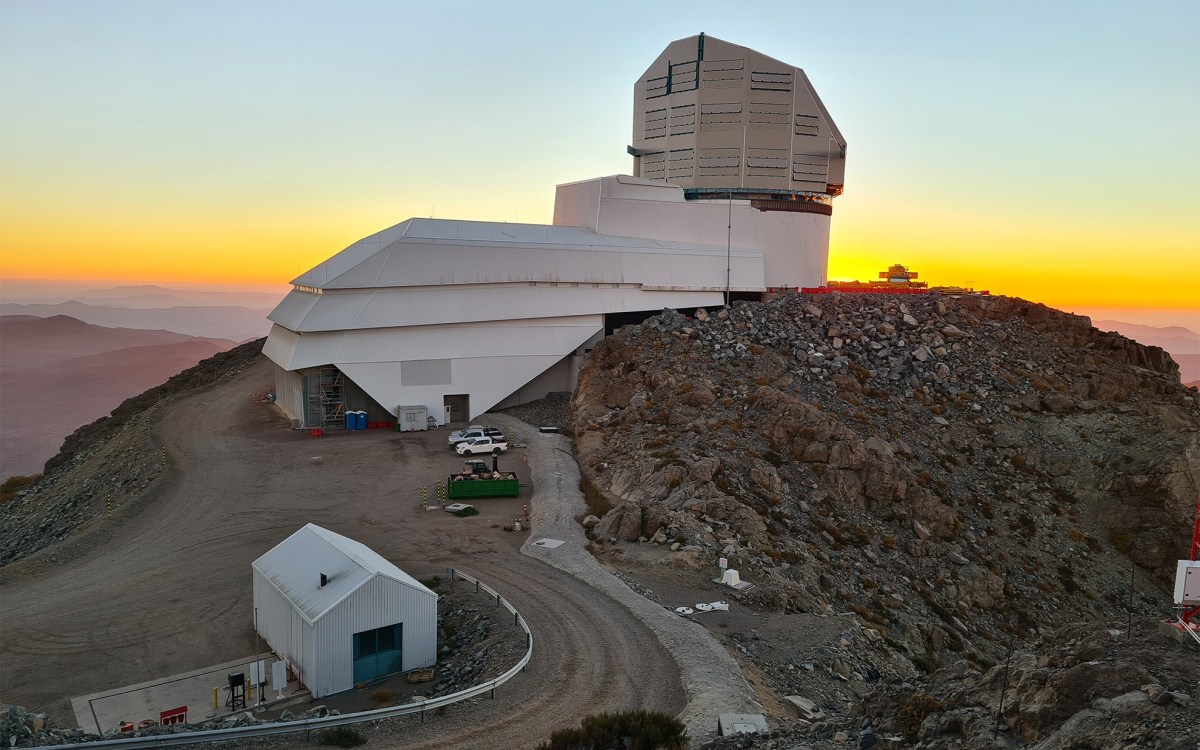Atmosphere detected on distant world orbiting another star
Scientists potentially can search for chemical markers of life beyond Earth
One-hundred-and-fifty light years away from Earth, in the constellation Pegasus, is a star known as HD 209458. Using NASA’s Hubble Space Telescope, a research team was able to detect the atmosphere of a planet orbiting the star. This marks the first time that scientists were able to observe the atmosphere of a planet outside our solar system. They also were able to get information about its chemical composition. The astronomers were not looking specifically for gases that would be found in a life-sustaining atmosphere, since it’s not probable that a planet as hot as the one observed would contain life. But they think their technique can be used to look at other planets’ atmospheres, which could provide the first direct evidence for life beyond Earth. The discovery was made by David Charbonneau of the California Institute of Technology and the Harvard-Smithsonian Center for Astrophysics, Timothy Brown of the National Center for Atmospheric Research, Robert Noyes of the Harvard-Smithsonian Center for Astrophysics, and Ronald Gilliland of the Space Telescope Science Institute.





